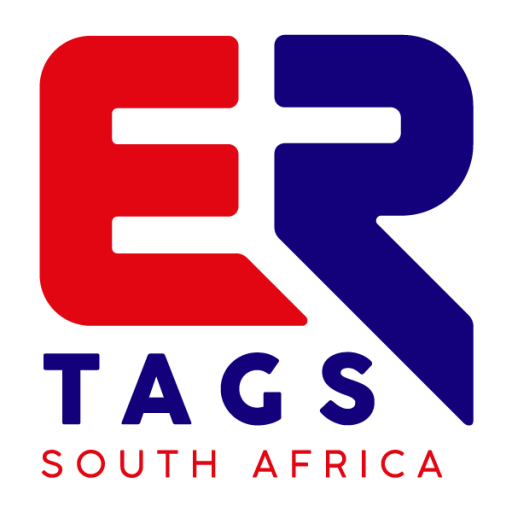Essential Information must be on your ER Tag
WHY? In any Stressful or traumatic situation ‘shock’ is the automatic response of any human being. Behaviour during ‘shock’ is unforeseen and cannot always be controlled.
Emergencies can rattle the best of us and the phone number or facts you know by heart are the very ones that will elude you when you need them the most!
Our Emergency Response Tags are first and foremost a Health / Medical Information Tool to Save a Life that matters.
The most essential Health / Medical information to include is:
- Name & Surname
- Medical Aid & Number
- Medical Condition/s
- Medication (current)
- Allergies
- Disabilities / Handicaps (i.e treatment considerations; restrictions; or special needs)
- Next of Kin : Name & Phone number
The above are crucial information in any emergency situation and will improve possibilities to treat more effectively. The ‘Golden hour’ response time could decrease by having a Medical Information TOOL for immediate medical planning & intervention.
If unsure about what to include, please talk to your medical doctor.
Your ICE contact is ideally the person who knows you well enough to confirm your medical conditions, allergies and medications. This is the “go to” person to obtain more personal information about you. A trustworthy and reliable person.
Next of kin / ICE details to be listed
- name
- contact number
- relation
Life surviving medication prescribed by your doctor should be noted on your ER Tag and refers to medication that you should never be without or medication that could result in a life-threatening situation whenever other medication is administered in an emergency situation.
- Blood thinners/ Anticoagulants (Warfarin)
- People taking multiple medicines
the lists above is not complete as there are many more serious conditions/ handicaps/ disabilities/ allergies that could be added. No list should restrict your decision to wear or acquire a Medical Tag at all.
- Cardiac Problems (angina, arrhythmias, atrial fibrillation, pacemakers)
- Pulmonary Conditions(Asthma/COPD)
- Kidney Failure
- Diabetes, Blood Disorders
- Autism
- Alzheimer’s, Memory Impairment
- Emphysema, Breathing Disorders
- Rare Diseases
- Epilepsy, Seizure Disorder
- Hearing, Sight or Mentally Impaired
- Surgery, Transplant and Cancer Patients
- Hypertension
- Stroke Risk
- Sickle Cell Anemia
- Anemia
- Tourette Syndrome
the lists above is not complete as there are many more serious conditions/ handicaps/ disabilities/ allergies that could be added. No list should restrict your decision to wear or acquire a Medical Tag at all.
A handicap refers to a disadvantage resulting from an impairment or disability which prevents the fulfilment of a role and which could negatively affect medical responses.
- Autism
- Alzheimer’s
- Dementia
- Cerebral Palsy
- Downs Syndrome
- Mental Retardation
- Psychological Conditions
Ensure that you list life-threatening whole-body allergic reactions that can impair your breathing, cause a dramatic drop in your blood pressure and affect your heart rate.
- foods – including nuts, milk, fish, shellfish, eggs and some fruits
- medicines – including some antibiotics and non-steroidal anti-inflammatory drugs (NSAIDs) like aspirin
- insect stings – particularly wasp and bee stings
- general anaesthetic
- contrast agents – dyes used in some medical tests to help certain areas of your body show up better on scans
1 Organ Donator can SAVE 7 Lives !
Donating an ORGAN or TISSUE as an ORGAN DONOR is a personal choice. Please make sure that you are registered with the South African Organ Donor Foundation to ease the process when needed.
Solid ORGANS could be listed for donation i.e.
- Heart
- Lungs
- Pancreas
- Kidneys
- Liver
TISSUE Donors could list for donation i.e.
- Skin
- Bone
- Corneas
- Heart Valves
- Tendons
